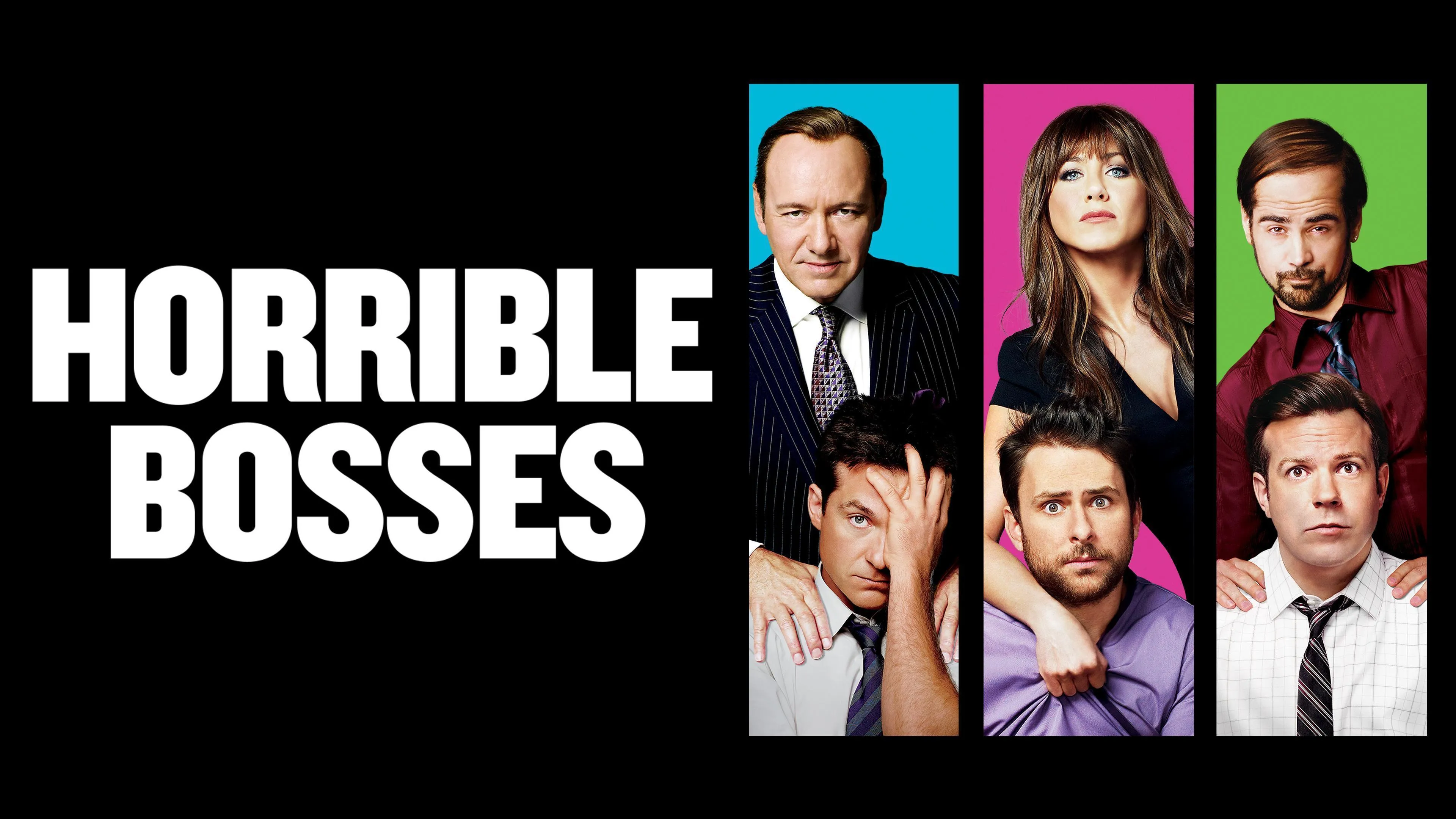David Mamet’s 2004 film Spartan is a taut, stripped-down thriller that wastes no time on flash or filler. Unlike the bloated espionage blockbusters of its era, Spartan plays like a whisper — cold, fast, and eerily quiet — until it strikes. At the center of this streamlined operation is Val Kilmer, in one of the most compelling roles of his career, playing a special ops agent who doesn’t ask questions... until everything starts to unravel.
A brutal, intelligent, and often chilling dive into covert operations, political corruption, and human expendability, Spartan is less about action than it is about procedure, loyalty, and the cost of doing what’s “necessary.”
Val Kilmer plays Robert Scott, a mysterious and highly trained operative — think somewhere between military, CIA, and off-the-books contractor. The film opens with a simple briefing: a young woman, later revealed to be the daughter of a high-ranking U.S. political figure (possibly the President), has gone missing. Her security detail has been compromised. She may have been abducted. It’s Scott’s job to find her, quietly.
As Scott and his young recruit Curtis (played by Derek Luke) follow a trail through Boston's underbelly, sex trafficking rings, and compromised agencies, they begin to uncover layers of misdirection. The missing woman, Laura Newton, was presumed dead after a supposed botched rescue operation — but Scott suspects that story is a cover-up.
The real twist: she’s alive. And someone very powerful doesn't want her found.
David Mamet directs with the precision of a surgeon. There are no wasted words, no unnecessary backstory. Dialogue is clipped, coded, and cold — characters speak in shorthand and action. It's disorienting at first, but deeply effective. Mamet’s script demands that the audience keep up, rather than handholding them through exposition.
The cinematography, by Juan Ruiz Anchía, is stripped of glamour. This isn’t the spy game as seen in Mission: Impossible or James Bond. This is bureaucracy, blood, and betrayal — framed in stark interiors and dim streets.
Kilmer’s performance is a masterclass in minimalism. As Robert Scott, he’s not a quippy hero or tortured soul. He’s a professional, quiet and composed, until something fractures inside him — a sliver of conscience that makes him question the mission.
In a world where everyone follows orders, Scott becomes the anomaly: someone who dares to act on his own sense of right and wrong. There’s a chilling moment when someone says, “You're not paid to think.” And yet, Scott does — and that, in this system, is dangerous.

Kilmer carries the role with icy charisma. His calm is intimidating, his movements exact. When violence erupts — and it does, suddenly and efficiently — it feels like watching a machine malfunction in the most lethal way possible.
Spartan isn’t just a missing-person thriller. It’s a story about how governments manage perception, how real people become narratives to protect powerful figures. Laura Newton isn't just missing — she’s an inconvenience, a variable in a political equation.
The film’s title is symbolic. The Spartans were raised to serve, trained to kill, and taught to obey without question. That’s who Scott is. But what happens when the Spartan defies the orders of the state to do what’s morally right?

The theme of disposability runs deep — from the trafficked girls, to the young soldier Curtis, to even Scott himself. Everyone is replaceable in the machine. The only thing that gives them meaning is choice.
There’s no flashy choreography or slow-motion shootouts. When violence happens in Spartan, it’s ugly, fast, and final. One scene in particular — where Scott corners a suspect in a beachside cabin — is breathtaking in its intensity and speed.
Gunshots aren’t exciting here. They’re punctuation marks. Violence is a tool, not a spectacle.
Spartan doesn’t end with explosions or medals. It ends with an act of quiet defiance. Scott rescues Laura — not because he was ordered to, but because it was right. But in doing so, he becomes a liability.
The final scenes are deliberately ambiguous. Scott walks away, but we don’t know if he’ll survive the political fallout. We don’t know if justice will be served. But we do know that, for a moment, someone broke the cycle — and it mattered.
When it was released in 2004, Spartan went under the radar. It wasn’t big or loud enough for mainstream audiences, and too restrained for action junkies. But over time, it has gained respect as a sharp, unflinching thriller that treats its audience like adults.


_ef9631e153f1386c50519cb386caf7a6_1280X720-1750668088-q80.webp)

-1751527641-q80.webp)